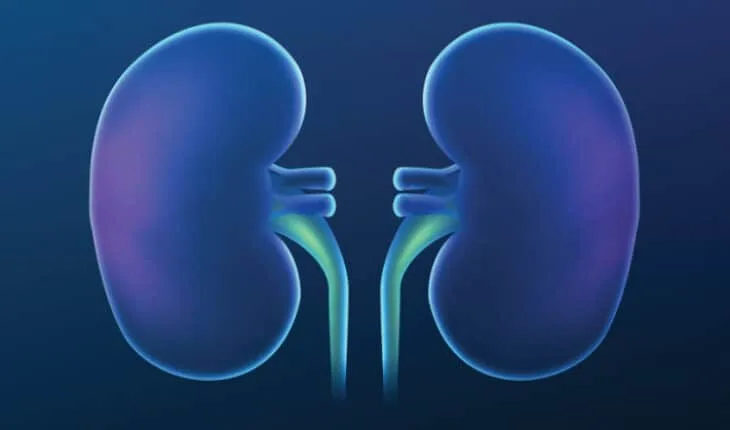Peritoneal dialysis: New treatment option against infections: Inflammations of the peritoneum (peritonitis) are as frequent as they are feared complications in peritoneal dialysis, a form of kidney replacement therapy for independent use at home.
The bacteria responsible for the life-threatening infections are becoming increasingly resistant to many antibiotics. A research team led by Markus Zeitlinger, Head of the Department of Clinical Pharmacology at MedUni Vienna, has now succeeded in identifying a new drug treatment option as part of a study. The research has just been published in the Clinical Microbiology and Infection journal.
To attain their result, the researchers analysed blood samples and dialysis fluid from patients on peritoneal dialysis and applied computer-assisted simulation models. It became evident that a comparatively low dosage of the drug combination of ceftazidime and avibactam is sufficient to treat peritonitis. These substances belong to the group of antibiotics that are used particularly for certain (gram-negative) multi-resistant pathogens, such as those found in peritonitis. “In our study, we were able to demonstrate that, in a dose of 760 and 190 mg, the combination of these agents respectively is sufficient to treat peritonitis,” says first author Valentin al Jalali from the University Department of Clinical Pharmacology at MedUni Vienna. The correct lowest possible dosage is of central importance particularly for dialysis patients in order to avoid an accumulation of the substances and the associated side effects.
In the course of renal replacement therapy using peritoneal dialysis (PD), approximately 30 % of patients suffer from peritonitis. The infection is caused by bacteria that can enter the abdominal cavity through the dialysis catheter. Peritonitis can result in the exclusion from this type of dialysis and can be life-threatening if left untreated. Therefore, patients are advised to look out for warning signals such as pain, nausea and vomiting, cloudiness of the dialysis fluid or fever.
A weak point for 50 years
In contrast to classical haemodialysis, PD uses the membrane of the peritoneum to filter metabolic products from the blood. The advantage over haemodialysis is the possibility of independent use in one’s own four walls, which patients perceive as a significant increase in their quality of life. Almost 50 years after the method was introduced, the risk of infections is still considered a vulnerability of PD. “The results of our study could be a contribution to gaining control over peritonitis, even in patients with difficult-to-treat germs,” says study leader Markus Zeitlinger, Head of the Department of Clinical Pharmacology at MedUni Vienna.
The high relevance of the research is supported by current developments: with the increasing number of patients suffering chronic kidney disease or loss of kidney function worldwide (5-8% per year), ever more patients require renal replacement therapy. Approximately three million people are affected by the loss of kidney function. This trend is partly due to the increasing incidence of high blood pressure and diabetes, so-called diseases of civilisation that can severely damage the kidneys.
Publication: Clinical Microbiology and Infection
Plasma and intraperitoneal pharmacokinetics of ceftazidime/avibactam in peritoneal dialysis patients
al Jalali, Valentin; Matzneller, Peter; Pham, Anh; van Os, Wisse; Wölfl-Duchek, Michael; Sanz Codina, Maria; Vychytil, Andreas; Reiter, Birgit; Stimpfl, Thomas; Zeitlinger, Markus
https://doi.org/10.1016/j.cmi.2023.06.002
- New lipid-based pathway discovered as key to memory formation - 25th June 2025
- Crucial link could explain how Alzheimer’s takes hold - 25th June 2025
- Understanding Your Mind Can Improve Daily Life - 25th June 2025







